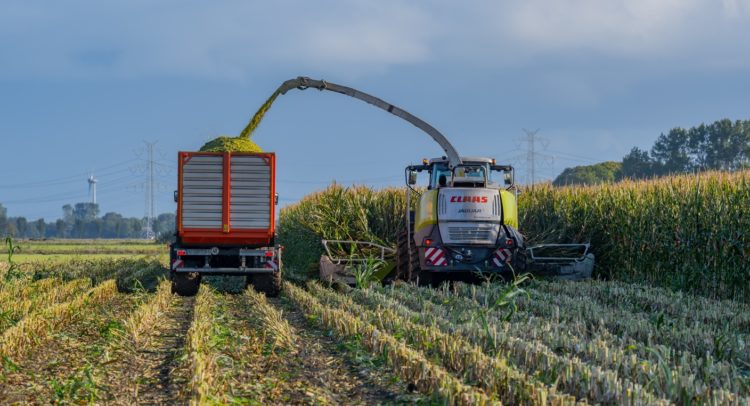Lanxess (OTC) ((DE:LXS)) has held its Q1 earnings call. Read on for the main highlights of the call.
Claim 50% Off TipRanks Premium
- Unlock hedge fund-level data and powerful investing tools for smarter, sharper decisions
- Stay ahead of the market with the latest news and analysis and maximize your portfolio's potential
The recent earnings call for Lanxess (OTC) highlighted a mixed sentiment, reflecting both positive achievements and ongoing challenges. The company reported notable EBITDA growth and successful business divestitures, yet it continues to face macroeconomic uncertainties and operational challenges, particularly concerning energy costs and industry utilization rates. Despite these hurdles, Lanxess is strategically positioning itself to mitigate tariff impacts and capitalize on segment growth, although the overall environment remains challenging.
EBITDA Increase
Lanxess reported a significant 32% increase in EBITDA compared to Q1 2024, marking a substantial improvement despite the figure still being at relatively low levels. This growth is a positive indicator of the company’s financial health and operational efficiency.
Consumer Protection Segment Growth
The Consumer Protection segment experienced a sharp increase, primarily due to a weak comparable base in Q1 2024. This growth underscores the segment’s potential and the company’s ability to capitalize on market opportunities.
Successful Divestiture of Urethanes Business
Lanxess successfully completed the divestiture of its Urethanes business to UBE faster than expected. The proceeds from this transaction are intended to strengthen the company’s balance sheet, providing financial flexibility for future strategic initiatives.
US Tariff Impact Management
The company has managed to exempt numerous product categories from tariffs, creating a relative price advantage over Chinese competitors. Lanxess plans to leverage this advantage to achieve volume and price gains, demonstrating its strategic agility in navigating trade challenges.
Increased Working Capital and Net Debt
Working capital increased due to sales pickups, leading to a rise in net debt. This follows a normal seasonal pattern and reflects the company’s ongoing investment in growth and operational needs.
Macroeconomic Uncertainty
Lanxess is navigating increased macroeconomic uncertainty, with short-term ordering patterns among clients affected by tariff announcements. This uncertainty poses challenges but also opportunities for strategic adjustments.
Energy Cost Burden
Energy costs have been a burden for the Advanced Intermediates segment, impacting profitability. The company is likely exploring cost management strategies to mitigate this challenge.
Low Industry Utilization
The chemical industry is currently operating at around 70% utilization, indicating a tough trading environment. This low utilization rate highlights the broader industry challenges that Lanxess must contend with.
Forward-Looking Guidance
During the Q1 2025 Conference Call, Lanxess reaffirmed its guidance for the fiscal year, projecting an EBITDA between €600 million and €650 million. Despite the challenges posed by macroeconomic uncertainties and tariff impacts, the company anticipates a sequential improvement in Q2 performance. Strategic responses, including cost management and the planned closure of a loss-making plant, are expected to contribute to future savings and operational efficiency.
In summary, the Lanxess earnings call reflected a balanced outlook, with significant achievements in EBITDA growth and strategic divestitures countered by ongoing macroeconomic and operational challenges. The company’s forward-looking guidance suggests a cautious yet optimistic approach, with strategic initiatives aimed at navigating the current economic landscape and positioning for future growth.
















